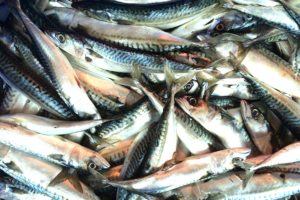
Quantifying global redundant fisheries trade to streamline seafood supply chains
Most countries are involved in redundant fisheries trade, with most occurring between five partners and about 50 percent involving four species.
The latest ISSF report reveals that nearly half of major tuna stocks successfully avoid overfishing and meet target biomass levels.

Most countries are involved in redundant fisheries trade, with most occurring between five partners and about 50 percent involving four species.
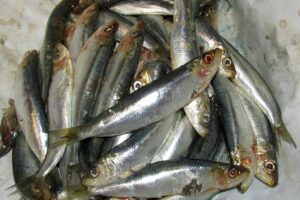
DNA sensors are cost-effective and can be used by authorities for fish authentication control or any laboratory including fish processing industries.
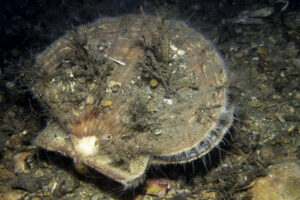
Study shows the need for further scallop dredge gear modification to reduce the catch of undersize scallops and bycatch.
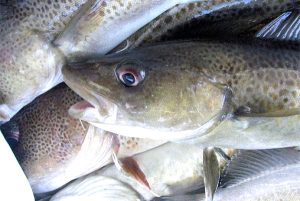
Canada has lifted a 30-year fishing ban on Northern cod in the Maritimes, aiming to rebuild the fishery amid concerns about cod recovery.
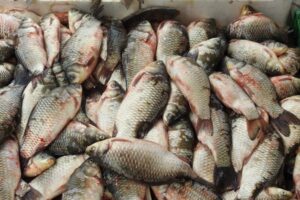
Progress in sustainable seafood production is notable but uneven, according to the latest Sustainable Fisheries Partnership report.
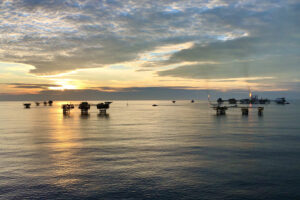
The environmental impact of offshore structures may extend further than previously thought and should be considered for pending decisions.
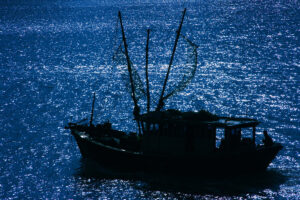
A lack of affordable and reliable Wi-Fi for crews jeopardizes their well-being and exposes them to exploitation and illegal fishing practices.
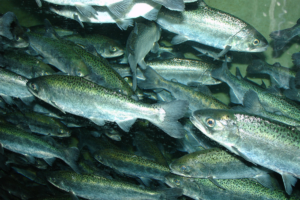
Through development and refinement, eDNA approaches will become increasingly available to managers of Atlantic and Pacific salmon fisheries.
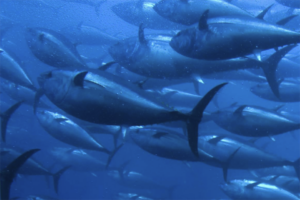
Sustainable Fisheries-UW: Better fisheries management requires enforcement of already-in-place limits, not new regulations that also go unenforced.
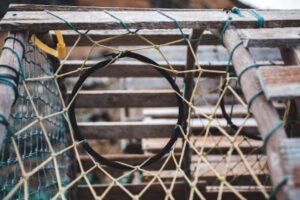
Collected data will be used to assess if stocks in Gaspé can support more commercial lobster fishing while ensuring conservation.
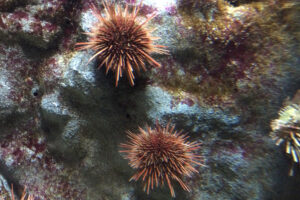
A summary of the literature focusing on the impacts of ocean warming and acidification on life stages of commercially relevant sea urchin species.
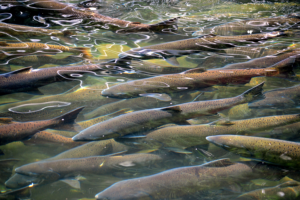
Ocean warming is increasing Pacific salmon in the Canadian Arctic, indicating that climate change is expanding their habitat.
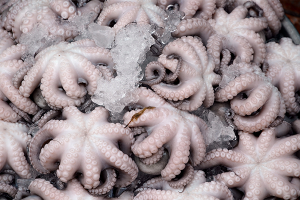
FishChoice’s addition of octopus reflects the rising demand for sustainable seafood and industry efforts to manage fisheries responsibly.
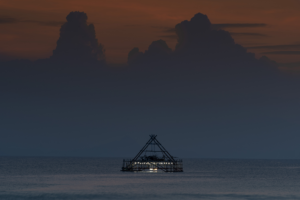
IOTC resolution bans the use of fully non-biodegradable drifting fish aggregating devices and takes other fishery management measures.
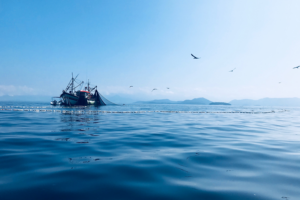
The SFP 2023 Reduction Report shows a continued drop in fisheries performance, highlighting the need for improved fisheries management.